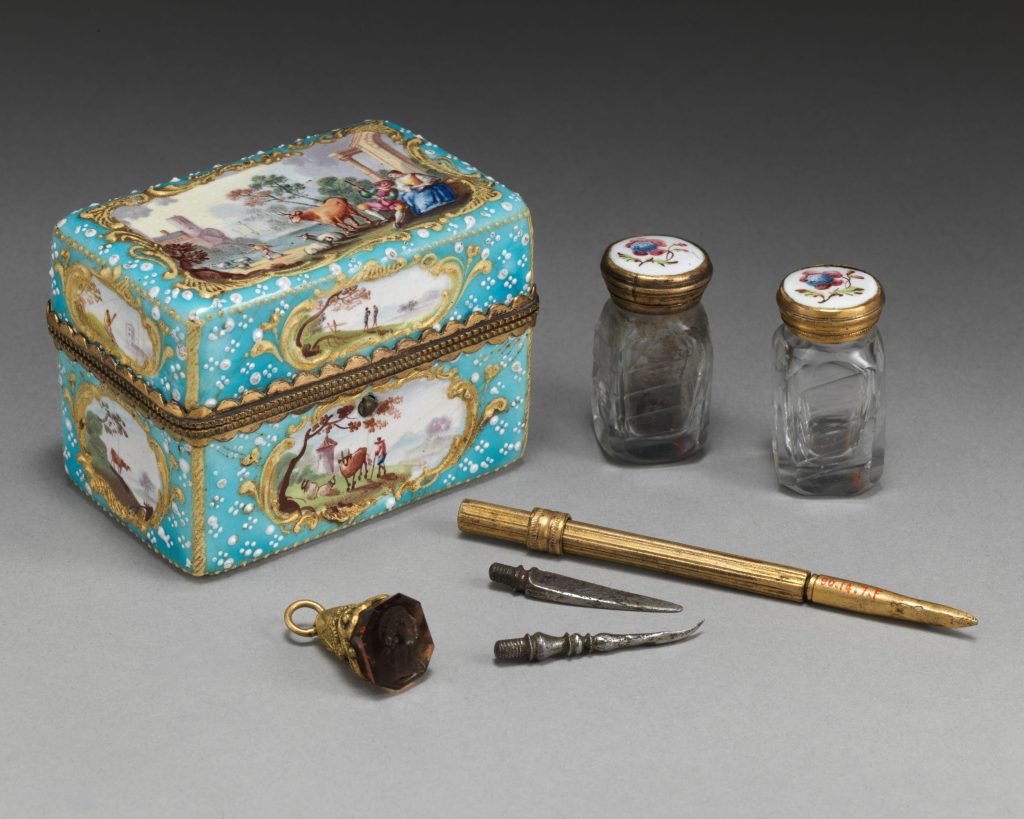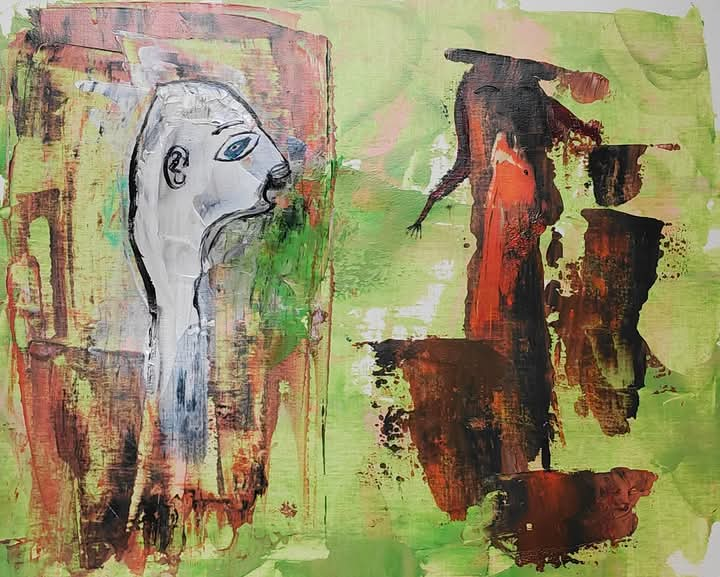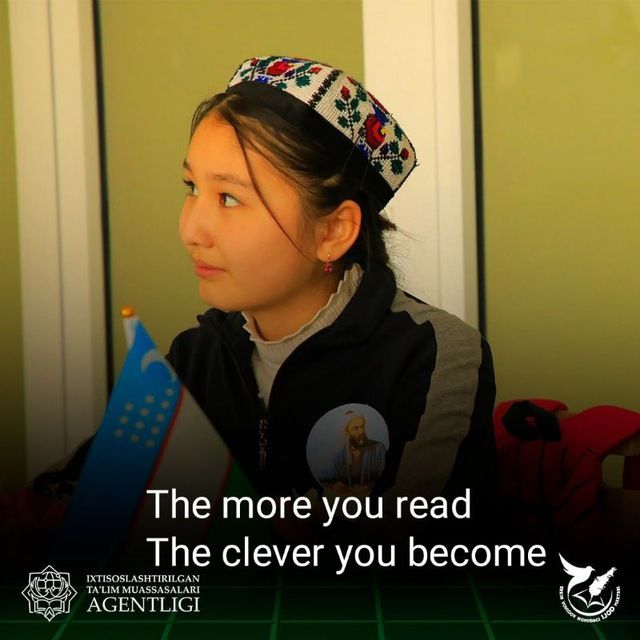The Effectiveness of Economic and Legal Approaches in Addressing Environmental Issues
Faculty of Ecology and Law
First-Year Law Student
Adaboyev Maqsad
Abstract:
This article provides an in-depth analysis of the effectiveness of economic and legal approaches in addressing environmental issues. It examines the causes of environmental problems and their negative impacts on society and the economy. The discussion includes economic measures such as environmental taxes, financial incentives, and the implementation of “green” technologies. Additionally, it analyzes the expansion of environmental legislation, the development of new legal documents, and mechanisms aligned with international standards. To effectively tackle environmental challenges, coordination among the government, scientific communities, and civil society is essential. Therefore, addressing environmental problems requires the development of legislation suited to the modern world, paving the way for sustainable progress.
Keywords: environmental issues, economic and legal approaches, green energy, legal documents, international standards.
Introduction
In today’s global economic and social development, environmental problems have become one of the most pressing challenges that require urgent solutions. Increasing pollution, the rapid depletion of energy resources, and climate change are among the most significant threats to humanity’s future. This article aims to highlight the causes and consequences of environmental issues and assess the effectiveness of economic and legal approaches in solving these problems.
Currently, environmental threats have become critical concerns for many countries, directly linking the stability and competitiveness of economies to their ecological characteristics. The planet is facing an ecological crisis caused by rapid scientific and technological advancements. While these developments meet various human needs, they also deteriorate the conditions necessary for human existence. The continuous growth of civilization has led to biodiversity loss, depletion of energy resources, and increased pollution.
For instance, in 1950, the world produced around 2 million tons of plastic annually, which has now risen to 419 million tons. Research indicates that plastic decomposition can take up to 400 years, and unfortunately, 95% of plastic products are not recycled, posing a severe threat to both marine and terrestrial wildlife. Approximately 100 million animals suffer from plastic pollution, mistaking it for food and ingesting it unintentionally. Additionally, around 4 million tons of plastic waste are dumped into the oceans annually, breaking down into microplastics that harm aquatic life.
Another critical issue is air pollution, which results from the emission of harmful substances due to human activities, such as burning fossil fuels like coal, oil, and natural gas. This process releases carbon dioxide (CO₂), sulfur dioxide (SO₂), and nitrogen oxides (NOx) into the atmosphere, contributing to global warming. Power plants, industrial facilities, and vehicles are the primary sources of these emissions.
Air pollution can lead to severe health problems, including respiratory infections, strokes, and lung cancer. In 2019, air pollution caused an estimated 6.7 million premature deaths worldwide. In Uzbekistan’s capital, Tashkent, air pollution results in approximately 3,042 premature deaths annually, with economic damages estimated at $488.4 million. About 83% of the city’s population lives in areas with high levels of air pollution.
Furthermore, the global demand for energy resources has surged dramatically. The world consumes around 100 million barrels of oil daily, with the United States, China, and India being the largest consumers. In 2023, global natural gas consumption reached 3.9 trillion cubic meters, while coal accounted for 27% of global energy production. This trend threatens resource depletion and severe environmental, economic, and social crises if left unchecked.
Economic Approaches to Environmental Issues
Economic strategies play a vital role in addressing environmental challenges. For example, to tackle plastic pollution, I propose introducing financial incentives based on the volume of plastic waste collected or recycled. This approach not only reduces plastic waste but also encourages recycling. Countries like Germany and Scandinavian nations offer deposit schemes for plastic and glass containers, encouraging people to return them for refunds.
Additionally, providing subsidies and tax breaks to companies that adopt eco-friendly alternatives to plastic can significantly reduce environmental damage. Supporting innovations in sustainable materials and technologies can create new opportunities for environmental conservation.
In terms of air pollution, promoting renewable energy sources such as solar, wind, and hydropower is essential. Renewable energy not only reduces greenhouse gas emissions but also creates job opportunities in green industries. Investing in clean technologies, such as filtration systems for industrial emissions, can further mitigate environmental damage.
Legal Approaches to Environmental Issues
Legal frameworks are critical in regulating activities that impact the environment. Governments should implement strict laws to limit the production and use of single-use plastics and establish penalties for non-compliance. Additionally, designating specific days as “Environmental Protection Days” can raise public awareness and encourage community involvement in conservation efforts.
On an international level, agreements like the Paris Agreement hold countries accountable for reducing greenhouse gas emissions and combating climate change. The “Polluter Pays Principle” requires companies responsible for environmental damage to bear the financial costs of mitigation and restoration. This principle promotes corporate responsibility and environmental sustainability.
Legal mechanisms should also focus on protecting biodiversity, preserving natural habitats, and regulating waste management practices. Strengthening environmental governance and ensuring public participation in decision-making processes are vital for effective environmental protection.
Conclusion
Environmental problems are complex, resulting from both natural and human activities such as industrialization, deforestation, urbanization, and unsustainable agricultural practices. These issues pose serious threats to biodiversity, climate stability, and human well-being. Therefore, addressing environmental challenges requires a comprehensive approach that combines economic, legal, and social strategies.
Economic approaches, such as environmental taxes, financial incentives, and green investments, encourage sustainable practices by influencing market behavior. Legal measures, including strict environmental laws, international agreements, and enforcement mechanisms, ensure accountability and promote environmental justice. The integration of these approaches can create a strong foundation for sustainable development and effective environmental protection.
Recommendations
To effectively address environmental issues, the following recommendations are proposed:
- Strengthen Environmental Laws:
Governments should continuously update and enforce environmental legislation to reflect current challenges and ensure strict compliance by industries and individuals.
- Promote Sustainable Economic Policies:
Implementing green taxes, subsidies for renewable energy, and supporting eco-friendly businesses will help reduce environmental degradation while fostering economic growth.
- Enhance International Cooperation:
Since environmental issues often transcend national borders, countries should actively participate in international agreements and collaborate on global sustainability initiatives.
- Invest in Environmental Education:
Raising public awareness about environmental protection and sustainability through education programs can inspire responsible behavior and community involvement.
- Encourage Research and Innovation:
Supporting scientific research and technological innovation in environmental conservation can lead to new solutions for mitigating climate change, reducing pollution, and preserving natural resources.
- Improve Waste Management Systems:
Developing efficient waste management infrastructure, including recycling programs and sustainable waste disposal methods, will minimize environmental pollution.
By implementing these recommendations, it is possible to create a sustainable future that balances economic growth with environmental preservation.
References:
- https://doi.org/10.5281/zenodo.5722678
- https://earth.org/the-biggest-environmental-problems-of-our-lifetime/
- https://www.iloencyclopaedia.org/environmental-health-hazards/item/499-air-pollution
- https://www.who.int/news/item/25-06-2024-health-consequences-of-air-pollution
- https://www.gazeta.uz/oz/2024/10/10/air-pollution-tashkent/
- https://www.bp.com/en/global/corporate/energy-economics.html
- https://www.oecd.org/







